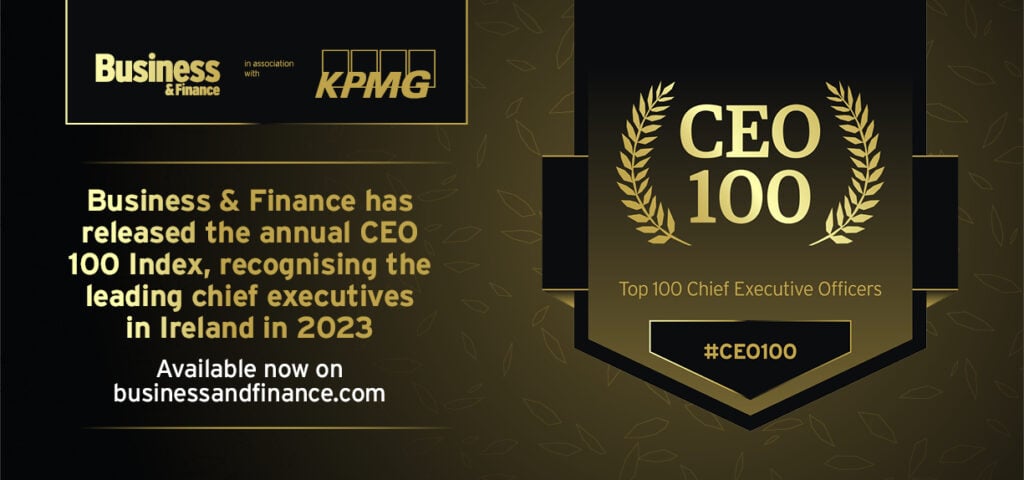Pictured: Mairéad McGuinness, EU Commissioner
Marc Coleman is Founder of Octavian Research and Public Affairs consultancy. He discusses the choice of Mairéad McGuinness as EU Commissioner.
It reflects on the stability and soundness of Ireland’s policy environment (not necessarily policy implementation) that, compared to other EU countries, we had such a high calibre of candidates to replace Phil Hogan. All of the other names discussed before this week – Foreign Affairs and Trade Minister Simon Coveney, Frances Fitzgerald MEP and EIB Vice President Andrew McDowell – were excellent in their own right and would have each made a very good EU Commissioner.
But, for several reasons, Mairéad McGuinness has strong advantages for both the allocated Financial Services portfolio and, in particular, for defending Ireland’s Brexit interests at a time when the stakes have been raises by the London government’s decision to make controversial alternations to the withdrawal agreement via its “Internal Market Bill”.
Ireland and Britain’s mutual needs in Food & Finance sectors
Although accounting for just 11% of our exports, the British market remains much more important for Ireland’s food and fisheries sectors, sectors that are crucial to employment in rural and regional parts of Ireland already reeling from the impact of the Covid-19 lockdown. Like her predecessor, Mairéad McGuinness understands this part of Ireland better than most, being a poll topper in the largely rural Leinster constituency. Herself from a farming background and with an Agricultural science degree and pedigree in representing that industry, her location in Financial Services seems odd. On closer inspection, it looks like a Masterstroke. There are two reasons for this.
Firstly, just as food is to the Irish economy, so financial services are to the British economy: A vital bulwark of employment in its economy. Services represent two thirds of the EU economy and a larger share of Britain’s economy. Crucially, Britain’s services sector is a generator of net income and significant exchequer revenue. So, in negotiating with an Irish EU Commissioner, the British Government and likewise financial services representative bodies will now face someone who knows what it is like to have a vital industry threatened.
Secondly, of all of the financial services jurisdictions in the EU which compete with the City of London, Ireland’s is the friendliest and most closely aligned. The industry is, like its British counterpart, English speaking and common law based. For this reason it continues to grow (employment in the first half of this year defied Brexit to rise by 17,000!) and Ireland’s green brand and expertise in Green finance could see tens of thousands more jobs created between now and 2025 under the “Ireland for Finance” plan, a prospect that an Irish EU Commissioner for Financial Services is unlikely to harm.
When setting up the world’s first Brexit group in 2015 – a year before the referendum – I ensured the involvement of the City of London so that a constructive bridge and dialogue would be formed between Dublin and London. At plenary sessions and at various EU fora in Brussels and Frankfurt I urged a de-escalation of rivalry and entrenched positions.
This enabled a joint approach by both Irish (FSI/Ibec) and British (City of London/City UK) representative bodies to their respective governments to promote the four key demands needed to protect jobs and keep Irish British financial services flowing:
- A clear and manageable transition period
- an avoidance of post Brexit regulatory divergence
- free movement of professional staff
- a system of “equivalence”, giving British entities with operations in Ireland – and vice versa – something similar to the “passporting” privileges of EU membership
On this and other issues crucial to the financial services agenda in Europe – Capital Markets Union, the regulation of European Supervisory Authorities and the role of London in euro clearing markets, Ireland’s representative bodies, top civil servants and Central Bank have, generally, maintained cordial and constructive links with London and have significant common ground, compared to a more competitive approach from other quarters.
Of these two considerations, the first might be characterised as a “steel fist”, the second as a “velvet glove”. Personable and competent, Mairéad McGuiness combines Phil Hogan’s toughness with the people handling skills that makes her a poll topping politician in one of Europe’s toughest constituencies. And she possesses a thorough knowledge of the EU, its workings, its key personalities and idiosyncrasies. A good week’s work for Ursula von der Leyen, all things considered.
Marc Coleman is Founder of Octavian Research and Public Affairs consultancy and his latest book “An Economic Response to Covid-19” is available on www.octavian.ie. He is also a former ECB Economist, Irish Times Economics Editor and senior manager with Ibec.







